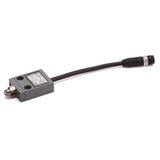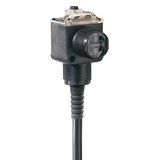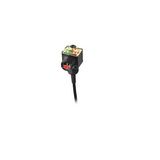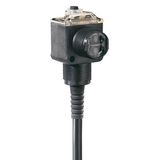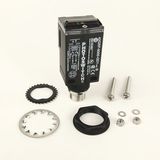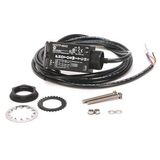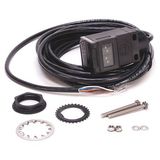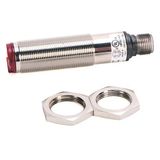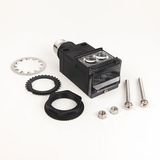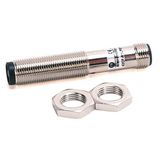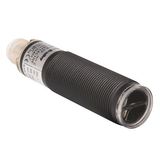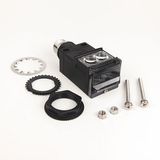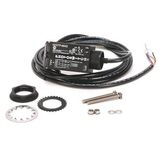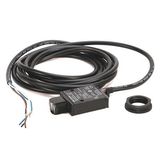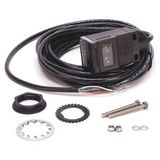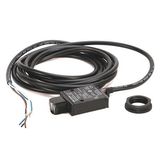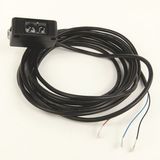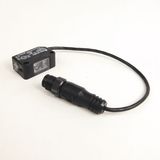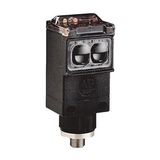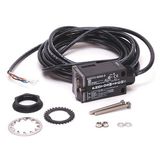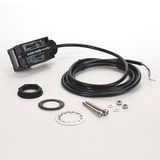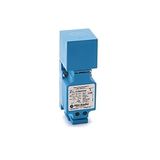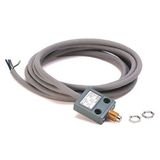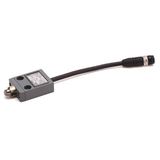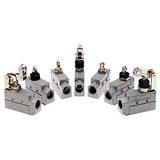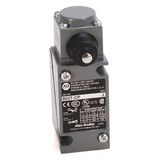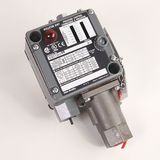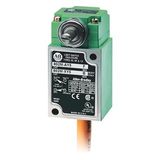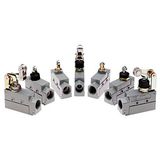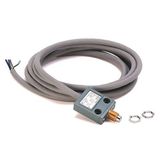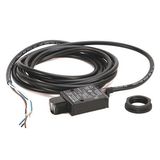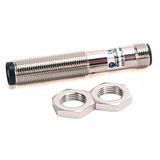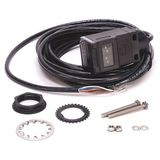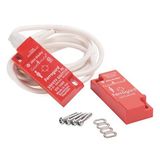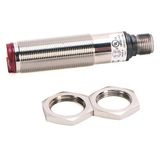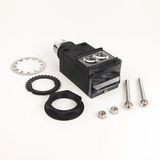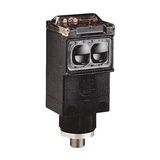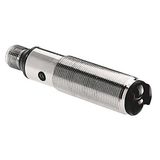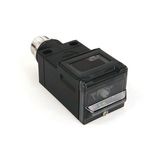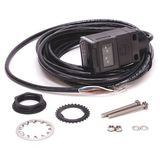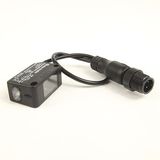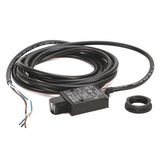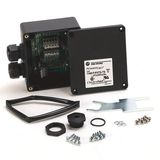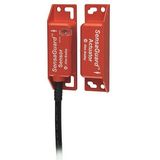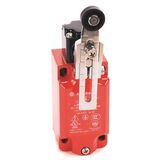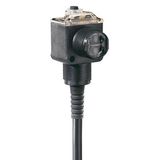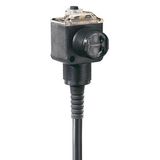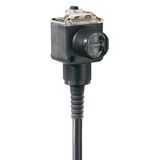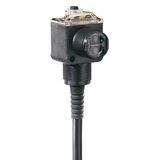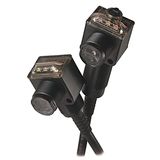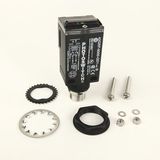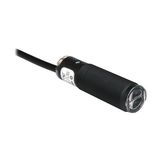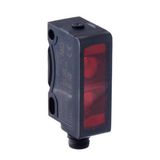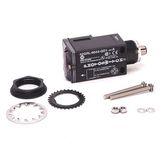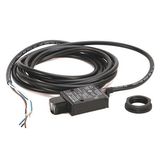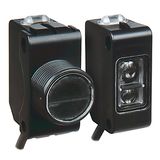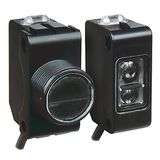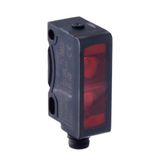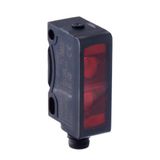Allen-Bradley Sensors
Sensors are the unsung heroes in automation. Allen-Bradley sensors collect data you rely on to keep machines safe, processes stable, and systems responsive. Pick the wrong sensor — and the whole line underperforms or stops. These aren’t accessories. They’re core control components.
Allen-Bradley Proximity Sensors — Touchless, Reliable Detection
Industrial environments often demand non-contact switching. Allen-Bradley proximity sensors detect metal parts without wear, even under vibration, dust, or grease. Whether inductive or capacitive types, they deliver repeatability in tight spacing.
Installers like that the sensing gap remains stable over years, so calibration rarely drifts. That means fewer site tuning calls.
Allen-Bradley Temperature Sensors and Pressure Sensors — Process Critical Data
For thermal control and fluid systems, Allen-Bradley temperature sensors and pressure sensors feed controllers the real values. These sensors use RTD / thermocouple elements or strain gauges, depending on use. Their housings are often stainless or IP-rated, designed to survive condensation, heat spikes, or corrosive atmospheres.
Control engineers prefer sensors that give linear output, minimal hysteresis, and clean signal (4–20 mA, 0–10 V etc.). Allen-Bradley models tick those boxes out of the box, so integration is smoother.
Allen-Bradley Industrial Sensors and Detection Devices
“Industrial sensor” is vague — but in real plants, it means devices that survive shock, EMI, and switching noise. Allen-Bradley sensor devices are built to handle that. Whether in conveyor lines, robotic cells, or packaging modules, these units must stay quiet, stable, and reliable.
Allen-Bradley detection sensors — light curtains, photoeyes, ultrasonic units — expand sensing beyond proximity. They help detect presence, passage, fill height, or material alignment without contact.
On-site Lessons
On retrofit jobs, spacing changes, sheet metal moves, wiring may need rerouting. Allen-Bradley sensors are forgiving: they include flexible mounting and wiring slack. Also, some models support diagnostic LEDs (signal on/off) right on the sensor body — that saves time during commissioning.
Why Source Allen-Bradley Sensors from Bank of Lamps
Bank of Lamps stocks the full Allen-Bradley sensor line in our Latvian logistics hub, shipping EU-wide (Germany, France, Netherlands, Baltics, UK, Spain, Belgium).
You get:
- Over 1.3 million SKUs on hand
- Flexible MOQs and mixed orders
- Consolidated shipments (sensors + control gear + cabling)
- Transparent pricing, VAT-ready invoicing
- Direct sourcing from 90+ manufacturers
- Real-time stock updates and technical support
Your procurement team orders the sensor your engineer drew — and expects it to arrive and work without surprises.
